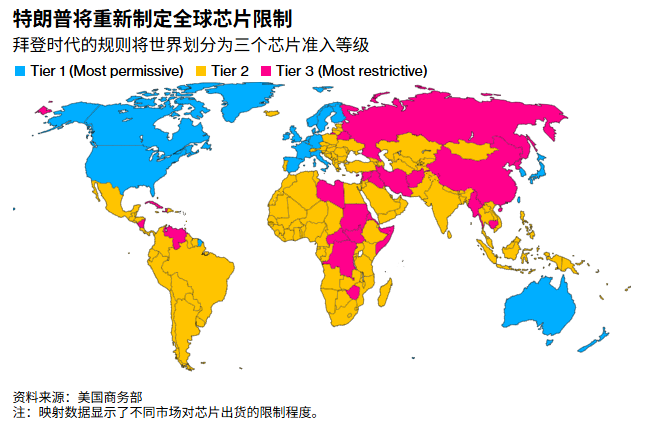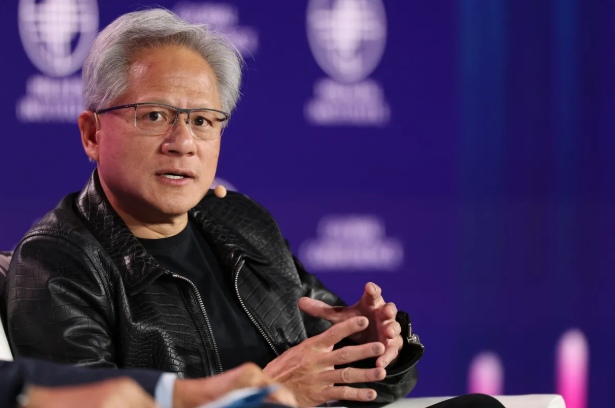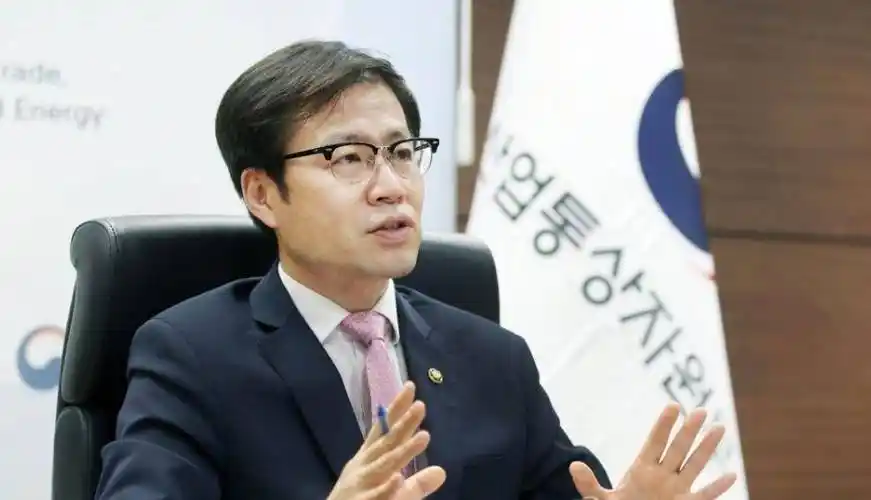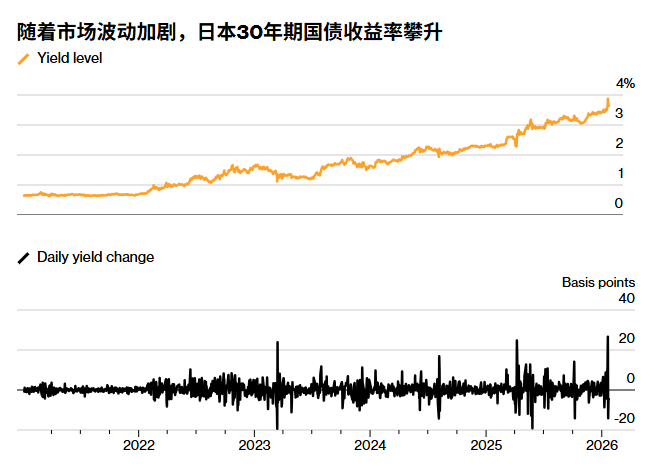According to informed sources, the Trump administration plans to revoke the AI chip restrictions imposed during the Biden era. This is part of a broader effort to modify semiconductor trade restrictions, which have drawn strong opposition from major tech companies and foreign governments.
The repeal bill has not been finalized yet and aims to reshape a policy introduced during the presidency of Joe Biden, which classified the export controls of chips from companies like Nvidia into three tiers. According to informed sources, the so-called “AI proliferation rules” will come into effect on May 15, at which point the Trump administration will not enforce them.
These changes come as US President Donald Trump is preparing to visit the Middle East. Several countries, including Saudi Arabia and the United Arab Emirates, have expressed dissatisfaction with the US restrictions on their ability to purchase artificial intelligence chips. According to informed sources, Trump administration officials are actively promoting a new regulation aimed at strengthening the control over overseas chip sales. As the changes have not been made public yet, the sources declined to be named.
After Bloomberg News reported the move, the share prices of chipmakers rose. Nvidia’s share price increased by 3.1%, and the closely watched Philadelphia Stock Exchange Semiconductor Index rose by 1.7%.
According to one of the people familiar with the matter, the government’s decision could be announced as early as Thursday.
This export control rule was announced in the final week of Biden’s term, establishing new licensing requirements for the export of AI chips to most parts of the world. It represents the latest escalation in the ongoing semiconductor trade restrictions. The measure aims to prevent China from obtaining AI chip technology through middlemen and to attract more countries to align with the US by setting security requirements, in order to gain access to top-tier US technology.
The Bureau of Industry and Security of the US Department of Commerce stated in a statement released by a spokesperson: “Biden’s artificial intelligence rules are overly complex and bureaucratic, which will hinder American innovation. We will replace them with a simpler rule to unleash America’s innovation potential and ensure the country’s dominance in the field of artificial intelligence.”

People familiar with the matter said that the Ministry of Commerce will continue to strictly enforce chip export restrictions during the formulation of new regulations. One of the people familiar with the matter said that one of the measures to abolish the proliferation rules is to impose chip controls on countries that have transferred chips to China, including Malaysia and Thailand.
Nvidia, a leading manufacturer of AI model training chips, has expressed opposition to the increasing restrictions imposed by the United States. The company has long dismissed the rules governing the spread of AI and has advocated for their complete abolition, arguing that restrictions on third countries will only bring them closer to China. Nvidia’s CEO, Jensen Huang, stated this week that US companies should be able to sell products to China, and he predicted that China will become a $50 billion AI chip market in the coming years.

Despite this, the Trump administration has intensified restrictions on Beijing’s technological ambitions. The US government has banned Nvidia from selling its H20 chips in China, a move that has led to a $5.5 billion asset write-down for the company.
The scrapping of the AI export rules will offer a temporary reprieve to countries like India and Malaysia, which faced no chip restrictions before the Biden administration announced the framework of the rules in January. The delay will benefit Oracle Corp., which plans to expand its data centers in Malaysia on a large scale, a move that would have violated the AI export rules.
The Trump administration’s measures are also good news for countries like the United Arab Emirates and Saudi Arabia that were previously restricted by the United States, as they see new opportunities to negotiate more favorable terms with the new team in Washington. These two countries, as well as parts of the Persian Gulf and Southeast Asia, have faced chip export controls since 2023 – meaning that the mere delay in the spread of artificial intelligence does not lift the licensing requirements for Nvidia to sell its products to data centers in these regions.
According to a previous report by Bloomberg News, Trump has indicated his intention to ease restrictions on the UAE and may announce the start of negotiations on an inter-governmental artificial intelligence chip agreement during his visit to the UAE from May 13 to May 16. The UAE has been actively promoting such agreements and has promised to invest up to 1.4 trillion US dollars in US technology and infrastructure over the next decade – this commitment has pushed the negotiations in favor of the UAE.
Reaching agreements with the many countries eager to purchase Nvidia chips will be a formidable task and could result in the company having to comply with dozens of separate policies.
The national classification system and related chip export restrictions are not the only new policies in the rules governing the spread of artificial intelligence. The framework also sets up export controls on the weights of artificial intelligence models, which are numerical parameters that software uses to process data and make predictions or decisions. The Trump administration’s plans to address these restrictions are under discussion.


